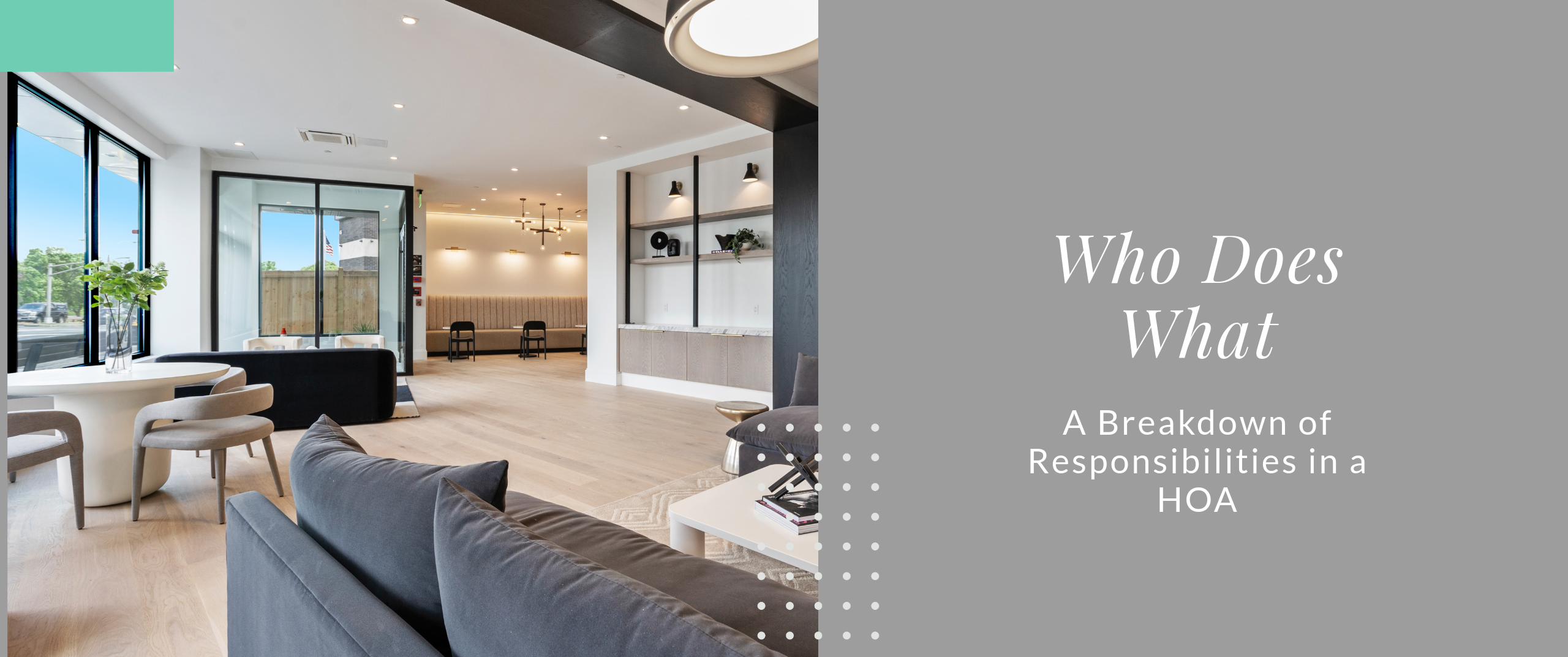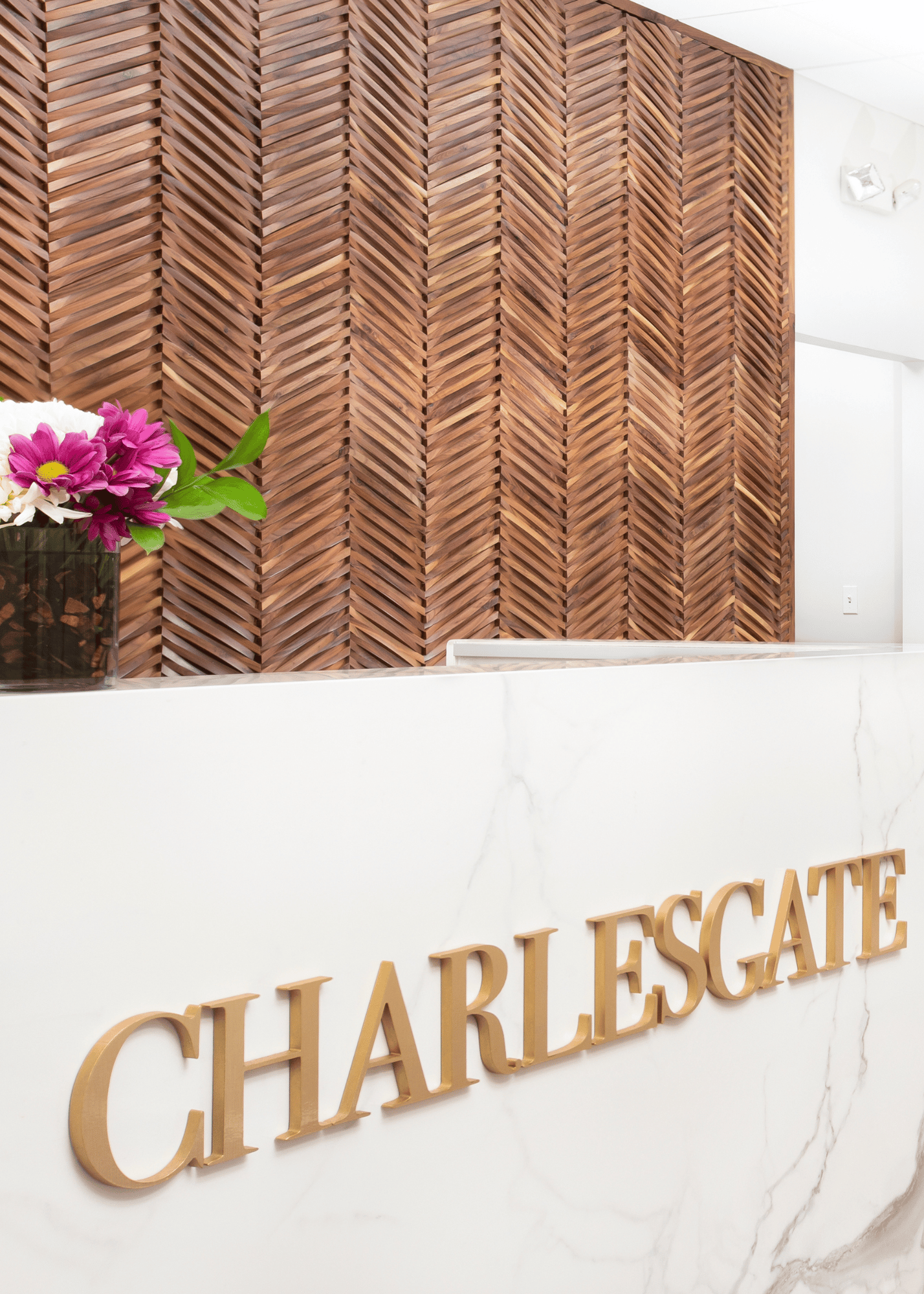Understanding the Roles of Your HOA Property Manager & Board of Trustees
If you're a recent, or even a long-time, condominium owner, you may be unsure about who to turn to for maintenance issues, dues payments, and general building questions. What does your homeowner association manager or property manager do and what do the Trustees of your Board do? We're here to help.
Your property manager is responsible for facilitating the collection of monthly fees, maintaining common areas and systems, developing financial statements and budgets, and advising the Board of Trustees in the financial and physical management of the association. Your property manager reports to and works directly with the Trustees. It is the HOA property manager's responsibility to handle the day-to-day operations so the Trustees can focus on goal planning and maintaining the value of the community. Again, to clarify, a HOA property manager works directly with Trustees, not individual homeowners, as their responsibilities are to the Association, not individual unit owners.
Conversely, the Board of Trustees is responsible for setting policy and making Association decisions. They are responsible for carrying out their fiduciary duty to all homeowners and maintaining the value of the property as a whole. Your property management company guides the Trustees but ultimately, they only execute what is decided by the Board. Both your property management company and your Board of Trustees act in good faith to make decisions that are in the best interest of the Association.
To take another angle, let's highlight some key areas of responsibility for homeowner associations/Board of Trustees and individual unit owners. Again, as a note, your property management company executes decisions made by the Board of Trustees. The list below is not exhaustive and what is covered by your particular association may be different than what we listed here. If you ever have a question, your condominium documents or Master Deed should outline who is responsible for what for your particular property.
Sample of Common Responsibilities
|
HOA and the Board of Trustees |
Unit Owners |
| Maintenance and repair of common areas and systems | Regular maintenance and repair of items considered in-unit |
|
The roofs and associated roof drainage, including any gutters and downspouts of the building |
Heating, ventilating and air conditioning (HVAC) systems serving only one unit, and any fireplaces, gas stoves, chimneys, and flues serving only one unit |
| The elevator (if applicable) | The exterior surface of the door in its entirety excluding the molding or trim (if any) |
| The lobbies, corridors, hallways, stairways, stairs, ramps, entrances, and exits of the building | The exterior surface of the window (including any skylight windows) in its entirety, excluding any molding or trim located to the exterior of the window (this can vary so be sure to check your condo docs!) |
| Any common area landscaping, sidewalks, lighting fixtures and equipment, patios, planters, trash receptacles, and other improvements located on any portion of the land. | The plane of the upper surface of the subflooring, or in the case of those units without subflooring, the plane of the upper surface of the floor slab. |
The key takeaway here is your Board of Trustees makes the decisions and your property management company executes those decisions. As an individual unit owner, you are responsible for all systems and surfaces within your specific unit. While your property management company can provide recommendations and resources, they ultimately are responsible to the Board of Trustees.


